
How to clean a dishwasher filter in 3 steps
Most dishwashers have a filter that helps to trap food particles and other debris. These filters may rely on routine cleaning to prevent clogs and continue working at their optimal performance. Luckily, cleaning a dishwasher filter is usually a simple process that can be achieved in just a few minutes with running water and a soft cleaning brush.
Is your dishwasher filter due for a cleaning? With this quick and easy-to-follow guide, you’ll get the job done in no time—and give your dishwasher a thorough cleaning in the process.
Where is the dishwasher filter?
The dishwasher filter is at the bottom of your dishwasher, under the bottom rack. To find it, pull out the bottom dish rack, then look for the filter—it’s usually either in one of the back corners of the dishwasher tub or around the base of the bottom spray arm.
Cleaning a dishwasher filter step-by-step
After accessing the dishwasher filter, you can keep it clean with the help of running water from the sink and a soft cleaning brush for gently scrubbing away calcium deposits and other stuck-on food bits.
Ready to get started? Follow these instructions to clean your dishwasher filter in three easy steps.
Supplies
Warm water
Sink or basin
Tools
Soft brush, sponge or old toothbrush
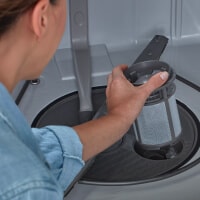
Step 1: Locate and remove your dishwasher filter
To access your dishwasher filter, remove your lower dish rack to expose the bottom of your dishwasher. The filter can be found in either a back corner of the dishwasher tub or around the base of the bottom spray arm.
Many dishwasher filters are composed of two parts: an upper and lower filter assembly. Give the upper filter a quarter turn clockwise and take it out.
Then, gently lift and pull the lower filter forward to remove it.

Step 2: Clean your filter
- To clean, run water over your dishwasher filter to remove most soils.
- As you wash the dishwasher filter, you may need to use a soft brush and dish soap on calcium deposits and other hard-to-remove food debris. Don’t use a wire brush, scouring pad or anything rough to scrub the filter as these materials could damage the filter.
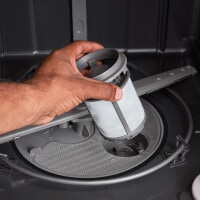
Step 3: Return the dishwasher filter to the tub
Return the lower filter to the bottom of the dishwasher tub, placing it properly under the tabs so the upper filter will line up with the round opening in the bottom of the tub.
Fit the upper filter into the opening on the top of the lower filter.
Turn the filter clockwise until you feel it glide into place. If your filter still turns freely, it’s not seated properly. Keep turning it clockwise until it locks.
Do not run your dishwasher without first making sure the filter is locked. Check both the upper and lower filter assemblies. A loose filter could damage your dishwasher.
Remember that if the upper filter still turns clockwise, it’s not securely locked. The arrow on the upper filter does not have to line up perfectly with the arrow on the lower filter. As long as the filter is locked, your dishwasher can run optimally.
If you notice that your dishwasher filter is damaged or worn, be sure to replace it immediately. Knowing about the different parts of your dishwasher can help you identify signs when they arise. Visit the Whirlpool® replacement parts site to find the part you need. You can follow the instructions above to install your new filter.

Whirlpool® Dishwashers
A dishwasher for every home
Find the right Whirlpool® Dishwasher for your kitchen to help make mealtime cleanup easier
How often should you clean your dishwasher filter?
In general, cleaning your dishwasher’s filter every three to six months can help keep your appliance running at peak performance. How often you should clean your filter depends on a variety of factors, such as the type of filter you have, how frequently you use your dishwasher and how much debris the appliance takes on.
Cleaning your dishwasher filter on a regular basis can help your dishwasher perform at its best, load after load. The table below offers helpful recommendations you can use as guidance for establishing your own filter cleaning schedule.

If you wash before loading
Up to 14 loads per week: clean once per year
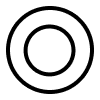
If you only scrape before loading
1–7 loads per week: clean twice per year
8–14 loads per week: clean every three months
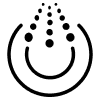
If you scrape and rinse before loading
- 1–7 loads per week: clean once per year
8–14 loads per week: clean twice per year

If you do not scrape or rinse before loading
- 1–3 loads per week: clean every two months
4–7 loads per week: clean once per month
8–12 loads per week: clean every two weeks
13–14 loads per week: clean once per week
Why is cleaning the dishwasher filter important?
Keeping your dishwasher filter clean is one key to avoid cloudy glassware and maintain sparkling dishes. Often, clogged filters can cause problems like your dishwasher not cleaning. In fact, the filter is responsible for:
Protecting the pump from being clogged by oversized or foreign objects.
Cleaning and clearing the dishwater.
Keeping food particles from recirculating and resticking to your dishes.
That’s a big job. So, periodically cleaning the filter helps prevent buildup and clogs, keeping your appliance running smoothly.
Signs your dishwasher filter needs cleaning
You can help keep your dishwasher working properly by cleaning the filter on a regular basis. How often you'll need to clean your filter can depend on several factors, like appliance usage or dish soil level.
You should also clean your filter if you’re noticing any of the following issues:
Soil or other food particles are visible.
Cleaning performance has worsened (e.g., there are food remnants on your dishes after a cycle).
Dishes are gritty or grimy to the touch after they’ve been cleaned.
To help prevent these issues, it’s best to clean your dishwasher filter regularly.
Do all dishwashers have filters that need cleaning?
Some dishwashers may come with advanced filtration features that help filter out food bits and debris easily, limiting the need for routine maintenance and helping you focus on other kitchen cleanup tasks. Consult the owner's manual to learn more about the specific features of your particular dishwasher type and model.

Need help finding the right dishwasher for your kitchen?
Read article
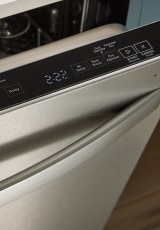
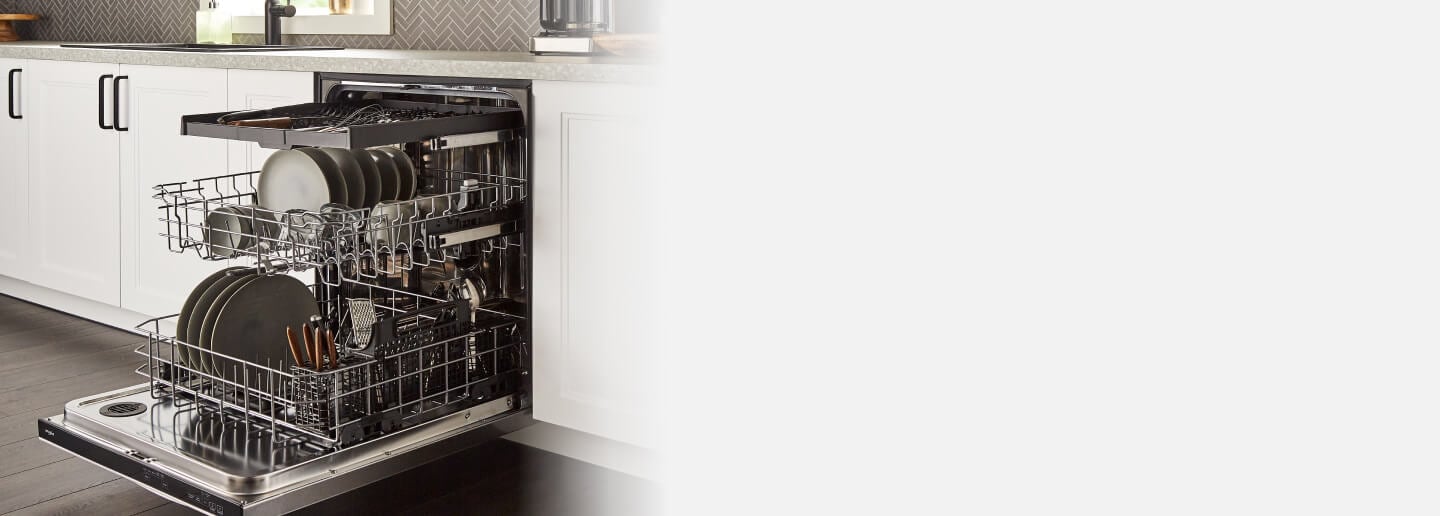
Large Capacity Dishwasher with 3rd Rack
Load more, run less*
Load hard-to-fit utensils or measuring spoons to free up more space for dishes below with Whirlpool® Dishwashers with 3rd Rack
*Compared to Whirlpool® Dishwashers without a 3rd level rack.
Ready for a Dishwasher Upgrade
Discover more dishwasher cleaning tips and tricks with Whirlpool brand


Helping kids stay in school
Learn how Whirlpool helps end the dropout cycle by giving kids access to clean clothes through the Care Counts™ Laundry Program


home heartbeat
Ready for more tips, home hacks and appliance guides?











